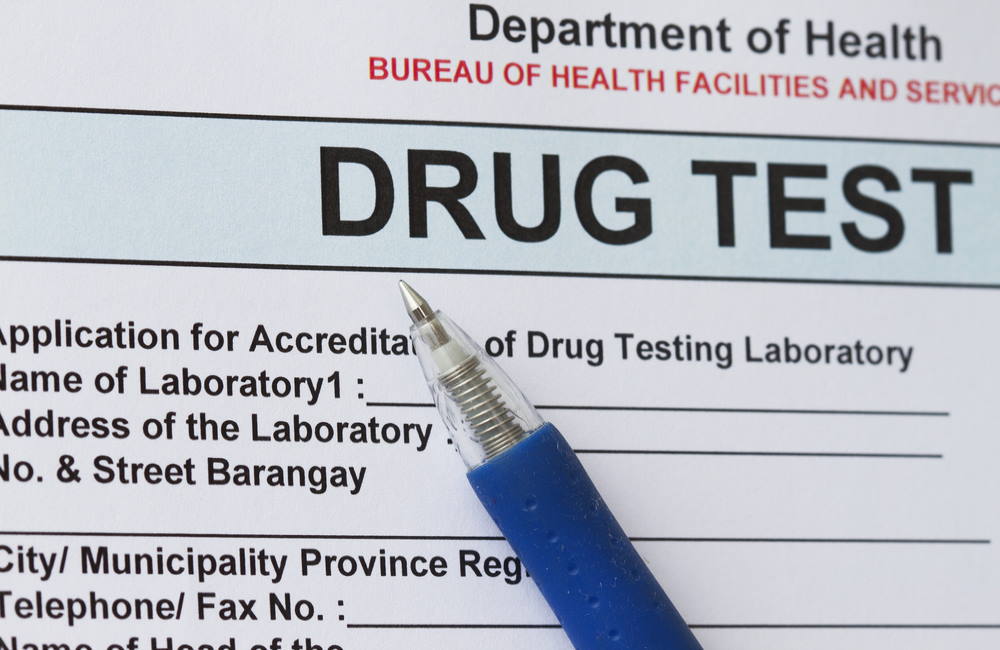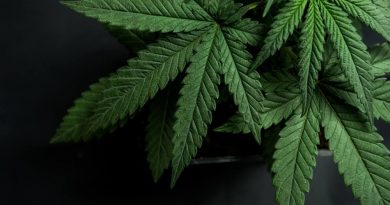More Employers Questioning the Use of Cannabis Drug Tests
As cannabis legalization continues to expand across the country state by state, employers must face the question of whether to continue drug testing their workers for cannabis use. It’s an area government officials have attempted to address in some states, but using cannabis drug tests remains a decision employers must make in most places.
Much of the problem resides with the tests themselves. Currently technology has not produced a cannabis drug test that can accurately detect the level of intoxication of the user. Instead, they detect THC in the urine, blood or saliva that may remain present days, even weeks, after someone has used cannabis. In other words, long after they are no longer high.
That makes it difficult to base any action against an employee in a state where medical and/or recreational cannabis is legal and employees are within their rights to use it during their off-work hours.
“With the war for talent and the labor shortage, especially in some lower paying jobs, it’s tough to find and retain folks – so many are deciding to not test, except for safety sensitive jobs,” Julie Schweber, a senior knowledge adviser at the Society for Human Resource Management, told Reuters.
A Shift in Government Policy
A recent move by the Biden Administration may offer some help. President Joe Biden ordered a review of the current status of cannabis as a Schedule I drug, the highest level of illegal drug on par with cocaine and heroin. In theory, removal of cannabis from Schedule I status could make it easier for companies to not include it in drug testing.
Some states have acted on their own. In September, California Gov. Gavin Newsom signed a bill into law that bans employers in the state from discriminating against those who use cannabis while not on the job (as well as away from the workplace). It goes into effect on Jan. 1, 2024.
The law prohibits employers from hiring, firing or making other employment decisions based on a drug test that finds “nonpsychoactive cannabis metabolites” that indicate someone consumed cannabis recently but is not currently impaired.
Jim Araby, director of strategic campaigns for the United Food and Commercial Workers Local 5, told the Los Angeles Times that the law is a “victory for all workers.” He added, ““No employee deserves to feel stigmatized and unsafe at work because of an outdated testing method.”
Not So Clear In Many States
California is now on a growing list of states that have passed laws to protect workers from paying a price for smoking weed on their own time, whether it’s recreational or medical, as long as it’s legal. The other states are Connecticut, Illinois, Montana, Nevada, New Jersey, New York and Rhode Island.
However, Reuters focused on Virginia, a state that has legalized recreational marijuana but not yet set up the adult-use market. A manufacturer there worried about safety in his plant without drug testing. Reuters noted that in every state, employers must balance workplace safety with cannabis legalization when it comes to manufacturing plants where workers use potentially dangerous equipment or drive vehicles.
And even in California, they found one company – a manufacturer of plastic bags – that rejected any job applicant who tested positive for cannabis. The CEO of the company dropped the practice after made aware of it by Reuters, telling the news service, “”My nephew would never get a job if I enforced that on him.”




